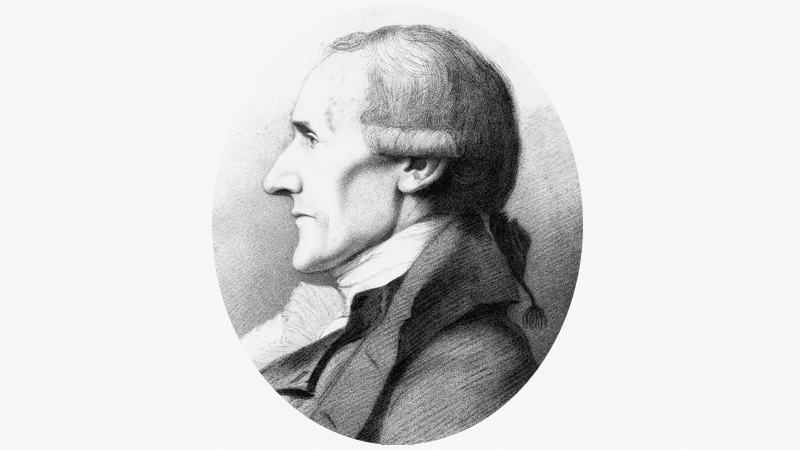On this day: Granville Sharp, slave trade abolitionist, died

The prevailing legal and public opinion in 18th century England was that slavery was acceptable. But in 1772, evangelical Granville Sharp argued that English law stretching back to Magna Carta did not justify the practice. He later memorably remarked that “no power on earth” can make slavery right.
In the famous Somerset case, Sharp applied for a writ of habeas corpus for the freedom of James Somerset, arguing that as he was not the property of his master he could not be forcibly shipped to Jamaica. Habeas corpus stemmed from the idea that no one can be unjustifiably detained by the state – an idea etched onto our legal landscape by Magna Carta. Momentously, the court agreed with Sharp that slavery on English soil was contrary to centuries of English law and a writ of habeas corpus could be used to free any of the then 14,000 slaves in England.
After the Somerset case, English courts consistently upheld the rights of former slaves against their masters. Contemporary observers confirm that the 1772 Somerset decision effectively made slavery illegal in England. And the principle that the Somerset case established – that slavery is “odious” and not supported by English law – helped pave the way for the eventual abolition of the slave trade (1807) and of slavery itself throughout the British Empire (1833).
He died on 6 July 1813.
